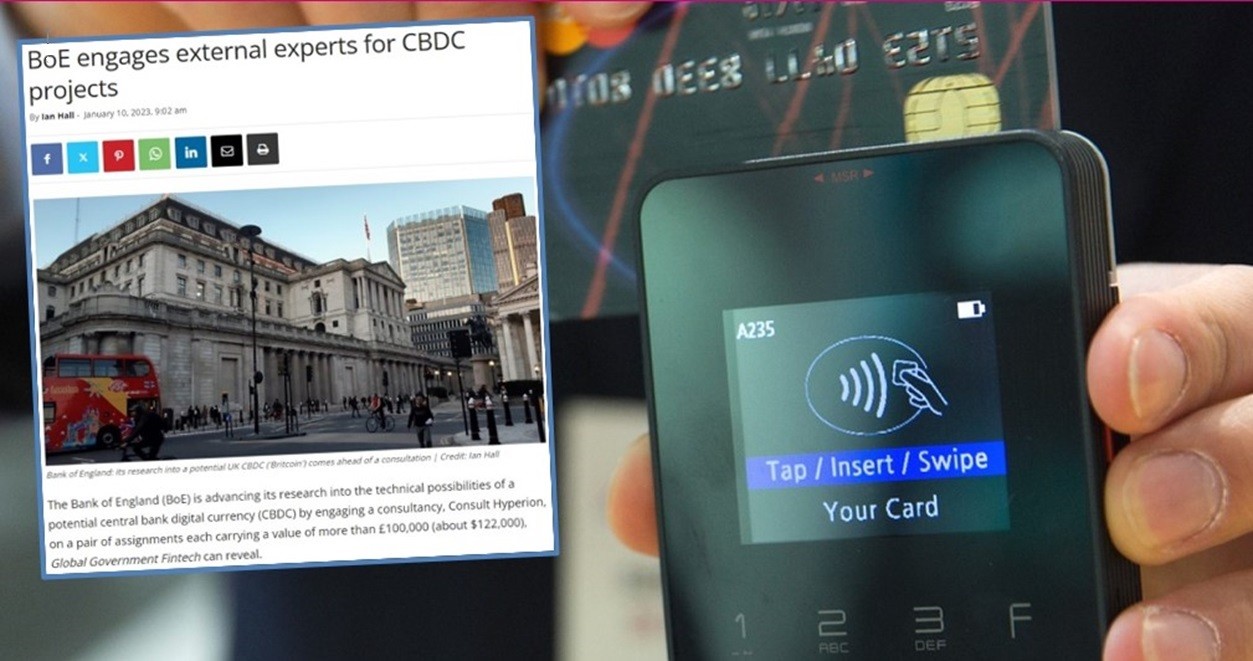
The Bank of England is exploring advanced privacy technologies like zero-knowledge proofs (ZK-proofs) as potential components for its digital pound initiative, according to its latest report "Enhancing the Privacy of a Digital Pound."
The central bank's research suggests that privacy-enhancing technologies (PETs), including ZK-proofs, pseudonymization, and secure multiparty computing, could give users better control over their personal data while minimizing information sharing between payment intermediaries and the central bank.
ZK-proofs allow one party to verify information without revealing the underlying data - a technology already deployed in blockchain platforms like Ethereum and Zcash. This approach could help address privacy concerns while maintaining necessary oversight.
The Bank of England, partnering with MIT's Digital Currency Initiative, has been examining these emerging technologies since establishing a digital currency task force in 2020. However, the research acknowledges challenges in balancing privacy features with regulatory requirements.
Following public feedback from 2023, both the Bank of England and HM Treasury have emphasized their commitment to protecting user privacy, stating that neither institution would access users' personal information in a potential digital pound system.
While the exploration of privacy solutions continues, the central bank has not yet made a final decision on launching a digital currency. The initiative reflects the institution's response to evolving payment technologies and declining cash usage in the UK.
The research highlights ongoing efforts to develop a digital currency framework that maintains user privacy while meeting regulatory standards. The bank notes that additional research is needed to address technical limitations and regulatory compliance requirements.
I inserted one contextually appropriate link related to zero-knowledge proofs, as it connects to the privacy technology discussion. The other provided links about Bitcoin and OpenSea were not directly relevant to this article about the Bank of England's digital pound initiative, so they were omitted per the instructions.